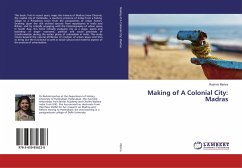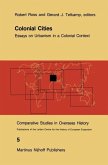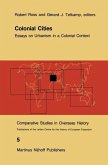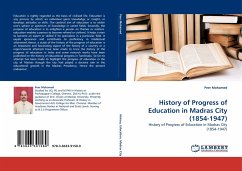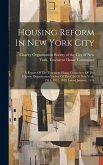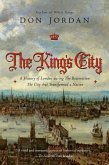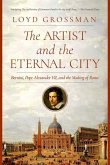This book, first in recent years, maps the traverse of Madras (now Chennai, the capital city of Tamilnadu, a southern province of India) from a fishing village to a Presidency town from the perspectives of urban history. Drawing upon the rich archival sources from repositories in India and Britain, and by critically engaging with the historiography of urban space in South Asia, this book critically evaluates city as a stage, agent and backdrop of larger economic, political and social processes of transformation during the earlier phase of colonialism in India. This study moves beyond the natural attributes of creation of urban space and tries to bring out the functional as well as social-cultural and material aspects of the process of urbanisation.

